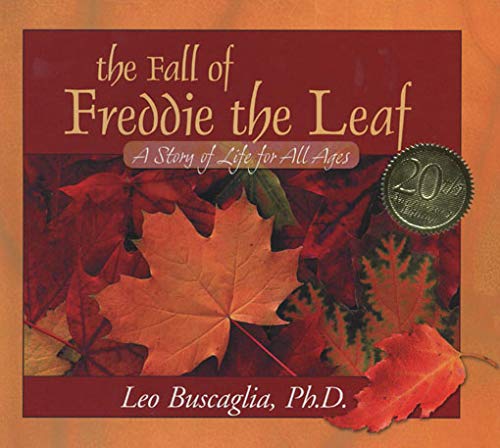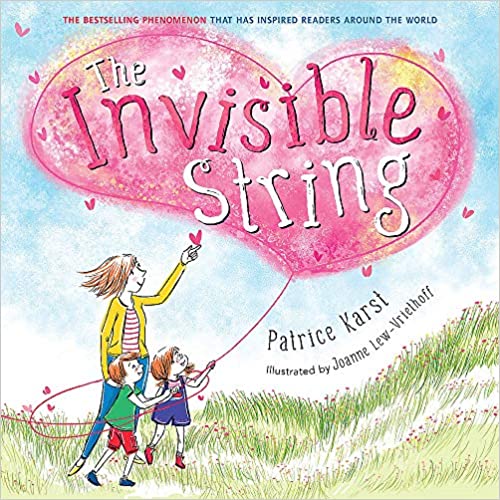Death is a part of life, but the topic is still not an easy one to discuss with kids. That’s why so many parents avoid it altogether. You might tell your child that their dog ran away when he really was hit by a car, or you might replace the goldfish instead of letting your child bury their pet and say goodbye. Of course, pets are one thing. It’s not as easy to lie when a grandparent, family friend, or close acquaintance dies.
I remember going to my grandfather’s funeral with my mother when I was four. We didn’t discuss his death, and I didn’t know him that well, but it was still such a somber experience. It wasn’t until much later that I finally began to understand what death really meant. We all have to find a way to express and come to terms with what happened. And while it’s still a painful subject, our kids need to know that it’s ok to ask questions, struggle to understand and express their sorrow in ways that feel right to them.
Here are my top tips for how to discuss death with your children. Many of these tips could carry over into many aspects of your communication with your children in the future.

Be Honest.
Whether it’s the death of a pet or the death of a grandparent, your child has the right to experience sorrow and loss. So, while you don’t have to offer all the sordid details, you should explain what happened in a way that is age appropriate. Talk through it and grieve through it together.
Be Vulnerable.
You may not be able to answer all of their questions and it may be heartbreaking to see the depths of their grief. As a parent, I would do anything to spare my kids from pain and loss, but I also want them to know that life is not always easy or fair. I don’t have answers for all their questions, but I will always be there to grieve with them and try to figure out the answers as we move forward.
Be Real.
When a loved one dies, it’s sad. It’s ok to let your kids see your sorrow and know that you’re in pain. It’s ok to memorialize the loss, whether it’s by looking through old photos, wrapping up in a favorite blanket, watching TV shows or movies that were shared experiences, or visiting the places that remind you of your loved one. Rituals and remembrances are an important part of coping and final acceptance, but spending time together is also a great way to support each other in your shared grief.
Be Prepared.
At-home remembrance is one thing, but you should consider what your child will experience at more public funeral services. Don’t ever assume that your child won’t understand what’s going on. Your child can and will understand more than you realize. For those elements that they don’t understand, it’s best to talk about it and explain what will happen in an age-appropriate way.
Be Open.
Each of us will cope with loss and grief in different ways. So, while it’s great to be open and encourage your kids to talk about their fear, uncertainties, anger, and even pain, it’s also important to validate other ways of coping as well. Depending on the age of your child, you can explore books as a way to explain death, but also as a comfort for you and your children.
Resources:
Ladder To The Moon
(kids 3+)

In Ladder to the Moon, Maya Soetoro-Ng tells the tale of Suhaila, a young girl who wants to know her grandmother. In a mix of folklore and fantasy, a golden ladder appears at her window and she’s able to join her grandmother on a magical journey. The book is a powerful reminder that even when our loved ones are gone, we can still remember.
The Fall of Freddie the Leaf:
A Story of Life for All Ages
(kids 4+)

The Fall of Freddie the Leaf combines beautiful photographs with a memorable story about the seasonal change of a leaf. Leo F. Buscaglia created this allegory as a way to help readers come to terms with the passage of time, death, grief, and loss.
The Invisible String
(kids 4+)

Patrice Karst created this bestselling book as a way to help kids deal with grief, loss, and separation. In the story, the mother tells her two children that they are all connected by an invisible string made of love. It’s a powerful and compelling message.
Lifetimes: The Beautiful Way
to Explain Death to Children
(kids 3+)

Sometimes, the simplest and most direct messages are the best. Bryan Mellonie wrote this book as a way to explain death, but it’s also a celebration of life and beginnings. Everything has a start, whether it’s a plant, animal, or person; but that also means that there is an end. Dying is a part of life. By understanding the natural flow of things, we can begin to accept the finite space of a lifetime.
The Heart and the Bottle
(kids 4+)

Oliver Jeffers offers a simple premise with his book. As we’re growing up, we hopefully have someone who inspires us, allows us to hope, dream, and imagine. But when that person is no longer with us, nothing is the same. In this story, Jeffers writes, “She was no longer filled with all the curiosities of the world.” The choice is simple. Either lock one’s heart away in a bottle and grow up, or become that inspiration to others.
The Rest Of The Story
There are hundreds of books and stories that talk about death. For older kids, you could pull out Charlotte’s Web, Island of the Blue Dolphins, Where the Red Fern Grows, or Old Yeller. Books are a great way to externalize our grief, but they also offer a safe outlet to feel and express that anguish. You don’t need an excuse to cry, but if you want one, these books will do that for you too.
It should be ok to talk about death without feeling a stigma. It should be ok to feel sad without feeling like it’s wrong. So often, though, we hide our grief, act cheerful, and say we’re okay, even when we’re secretly crying inside. If you and your kids are dealing with grief and loss, and symptoms like nightmares, moodiness, isolation, irritability and fear are only getting worse, it might be time to seek support and intervention. Here are a few support resources.
-
Winston’s Wish – Online Grief Support Groups
-
Actively Moving Forward – by HealGrief
-
What’s Your Grief? – Webinars and Podcasts
-
Grief in Common – Coaching and Chat
-
My Grief Angels – A Forum For Loss
Remember, you’re not alone, and it’s important to help your child realize that they’re not alone either. You will get through this loss, and you may discover that you’ll be stronger and have a deeper bond with your child after experiencing this grief together.

How did you talk to our child about grief? We’d love to hear your thoughts. Please leave your comments below.
For More Tips On Helping A Loved One, Read These:
6 Ways You Can Help Your Loved One Through A Mental Health Crisis
Never Say These 10 Phrases To Someone Who Has Lost A Loved One

